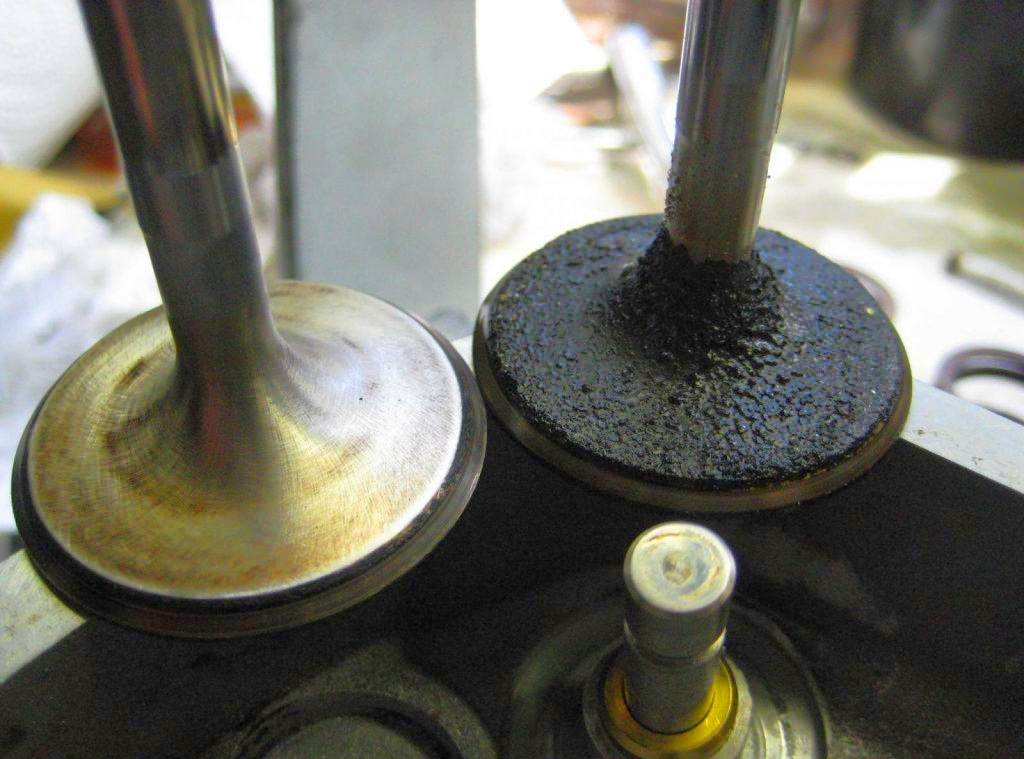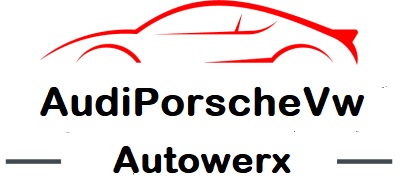In the mid 2000s both Volkswagen and Audi upgraded to use direct injection engines in their new cars. It allows for very precise control over the quantity and timing of the injection event, since it can spray atomised fuel from the injector directly into the cyclinder. With more control over the fueling, it allows higher compression ratios, which in turn give better fuel economy and improved performance over the port injection motors in older cars.
The difference comes from where the fuel is being sprayed, hence the previously used term “precise control”. The older port injection sprays fuel in the intake manifold ports. It there that it mixes with the incoming air. It then sits in the intake manifold runners until the intake valve opens, and the mixture then goes inside the engine cylinder.
Direct injection has a different setup, with the injectors being directly inside the cylinder head, allowing for a much higher pressure fuel to be sprayed, and it then mixes with the air. It’s an awesome technology that gives a welcome boost to the mileage you can expect from a tank of fuel, but there is a major drawback, in that carbon deposits build up on top of the valves.

The Need for Carbon Cleaning on Direct Injection Engines
Regular fuel injection cleaners are not able to clean this gunk off efficiently, and it’s a real headache for any mechanic not familiar with these type of engines on Audis and Volkswagens. When the buildup reaches high levels, you will suffer from cold start misfares, and eventually the Check Engine Light will come on. At this stage, you have no option but to take your car specialist Volkswagen / Audi Service Centre where qualified mechanics can correct the issue.
Don’t worry, nothing is broken, and your Audi or Volkswagen does not need a repair, but rather a thorough clean of the injectors to remove the intake carbon buildup. All specialist Volkswagen and Audi mechanics will know how to perform this task with a 100% success rate. Unqualified mechanics may use harsh chemical solvents and manually scrape away the stubborn material, but our Volkswagen and Audi Service Centre has state-of-the-art equipment which can quickly and easily remove the carbon buildup without damaging your car.
This is not an issue specific that service centres for Audis and Volkswagens only see, but many other manufacturers use the direct injection technology as well in their cars. If you are someone who takes frequent short drives, and rarely takes a long one, you could see the cold start misfires occur at as low as 80,000km. So taking a road trip every now and then will allow the car to reach a good operating temperature, and lessen the buildup rate.
If you do suffer from these issues, it is imperative that you take your car to a specialist Audi or Volkswagen service centre, where the mechanics there have the correct equipment to do the job properly.


